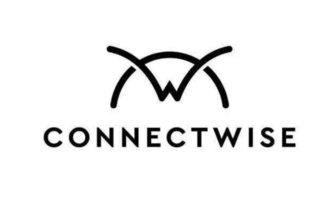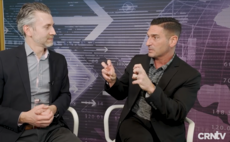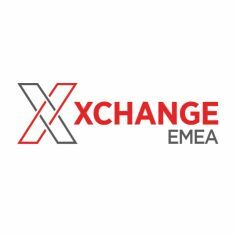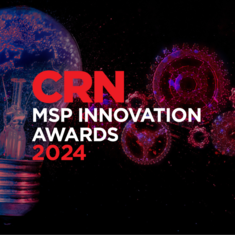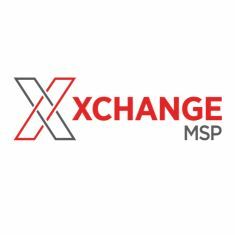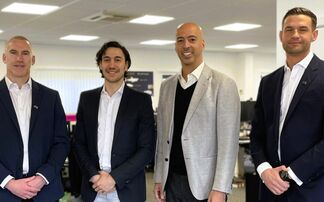Championing women & diversity in the UK IT channel. Nominations open until Friday 12 April. Nominate now!
On 20 - 21 June, CRN will return to the Netherlands for XChange EMEA 2024, bringing together channel partners for two days of insights and networking in The Hague.
Reward the elevate the champions of the UK managed services market, shining a spotlight on partners who exemplify success and adaptability Entry deadline: 14 June, 5pm BST
Join CRN UK on 1 October at The Sofitel, London to hear from decision makers at leading MSPs discuss and debate the influential topics affecting the managed service provider market.
Fearless channel contenders will immerse themselves into the brutal world of boxing to raise money for their chosen charities. Thursday 23 May, The Brewery London



